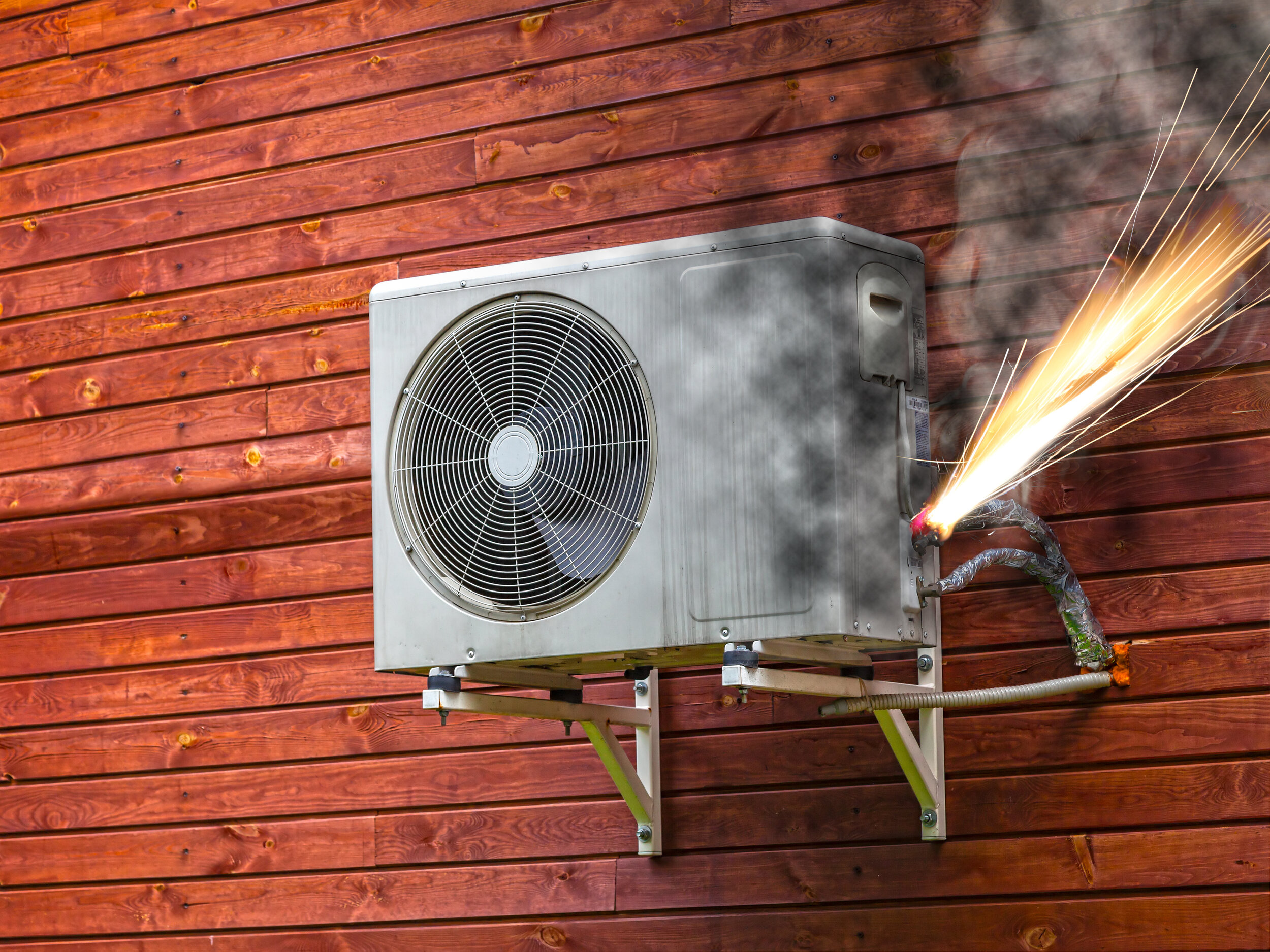DIY home improvement projects can help you feel productive, kill time, and save money. However, when it comes to your HVAC system, it's best to not take matters into your own hands. Here are some of the dangers that come with DIY HVAC projects.
Safety Issues
You can get injured while attempting DIY HVAC maintenance. HVAC systems require plenty of voltage to run. If you're not careful, this voltage can seriously harm you. Mishandling a gas furnace during maintenance can lead to gas leaks, which can cause explosions and carbon monoxide poisoning.
Air conditioners contain refrigerants, which pose health risks. You should never recharge refrigerant on your own, because doing so is extremely dangerous. What's more, only licensed professionals can legally handle systems with refrigerants. Therefore, AC maintenance checks are best left to professionals. During annual maintenance, your HVAC contractor will check the refrigerant and recharge your system if necessary.
A Waste of Money
HVAC repairs require special tools and knowledge. When trying to fix your HVAC system yourself, you could easily cause more damage. As a result, you may have to replace more parts, leading to costlier repairs. Even worse, you could lose the entire system and require premature replacement. Also, if you get hurt while doing DIY HVAC maintenance, you may end up with a mountain of medical bills.
Conducting a DIY HVAC project in a bid to try to save a bit of money could end up with your bank account taking a severe hit. It's safer and more affordable to use professional help.
Loss of Warranty
HVAC manufacturers usually require professional repairs and maintenance to keep their warranties in effect. DIY HVAC maintenance and repairs can lead to the loss of warranty. And don't forget that every fault that a potential buyerfinds in your house will lower the price.
Opting to hire a professional HVAC technician rather than carrying out DIY HVAC maintenance is vital to both your family's and your HVAC system's well-being. If you need quality HVAC services and equipment from an award-winning company in the Broken Arrow area, contact us at Air Assurance.






